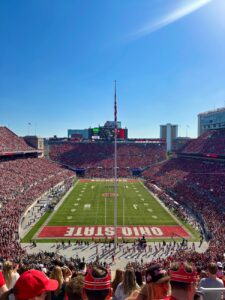ASK A COP:
Why did I get a ticket but my friend did not? We were both stopped for the exact same violation.
One of the most basic concepts police officers exercise every day is application of discretion. Discretion can be defined as the authority to make decisions in enforcing the law based on one’s observations and judgement. The officer may stop two people for the exact same violation such as going 15mph over the speed limit. The officer might cite one and warn the other. Is it fair? It does not appear to be fair, but every interaction an officer has is individual and different and should be treated as such. The officer should look at each stop and violation individually and use discretion accordingly. The officer should use their judgement, experience and training to help them make their decision.
What can influence discretion? Anything can. The violator’s attitude can and will play a role. Being honest, remorseful and even using humor can positively influence what actions the officer takes. On the flip side of things lying, having a poor attitude, blaming others and being argumentative will also influence discretion. Simple things such as what kind of a day the officer is having can influence their decision. Departments try to hire officers that make good decisions, use discretion appropriately and not allow personal biases and prejudices to influence their actions. An officer can have limited discretion when a department policy or administrative guidelines limit their options.
In the end, there are so many different things that can influence an officer’s discretion and only the officer that stopped you would be able to tell you why you got a ticket and your friend did not.




